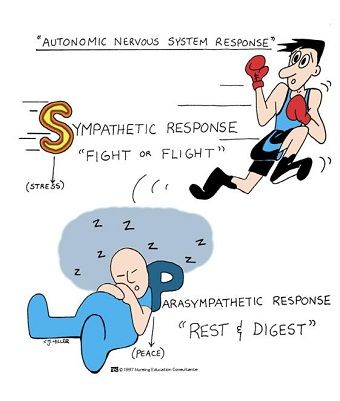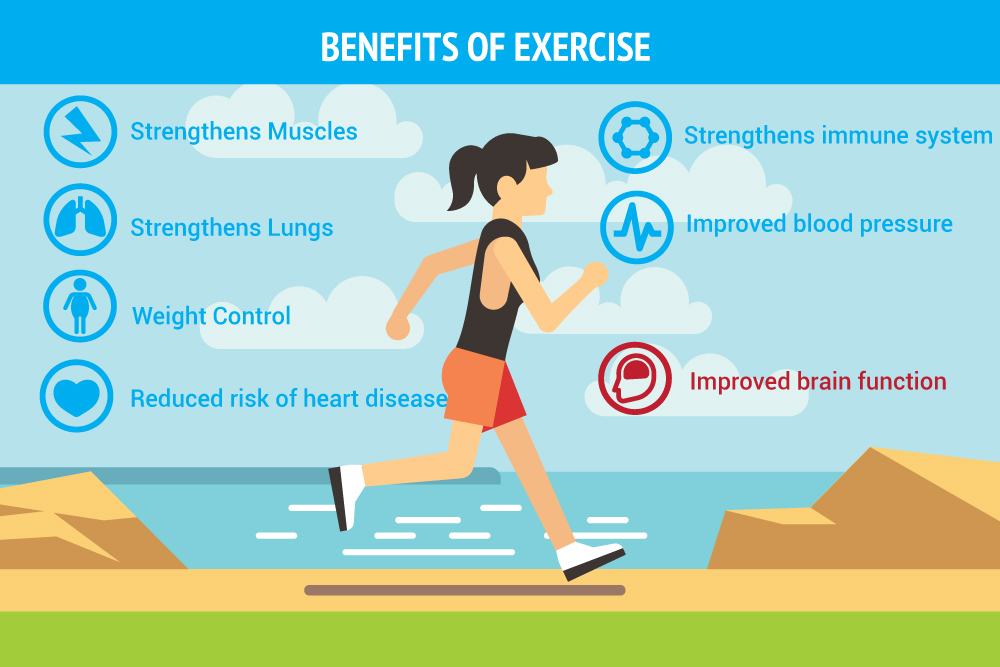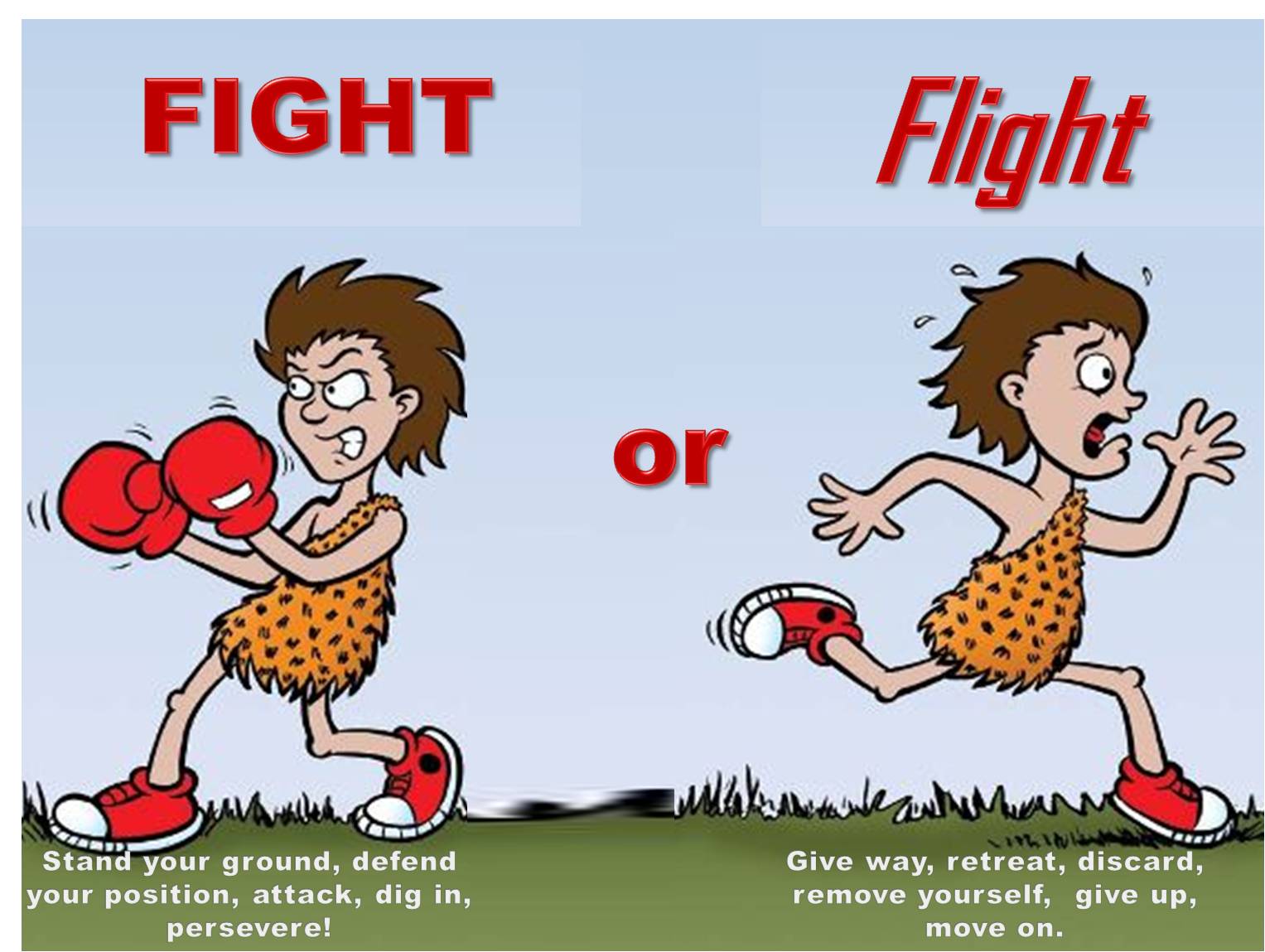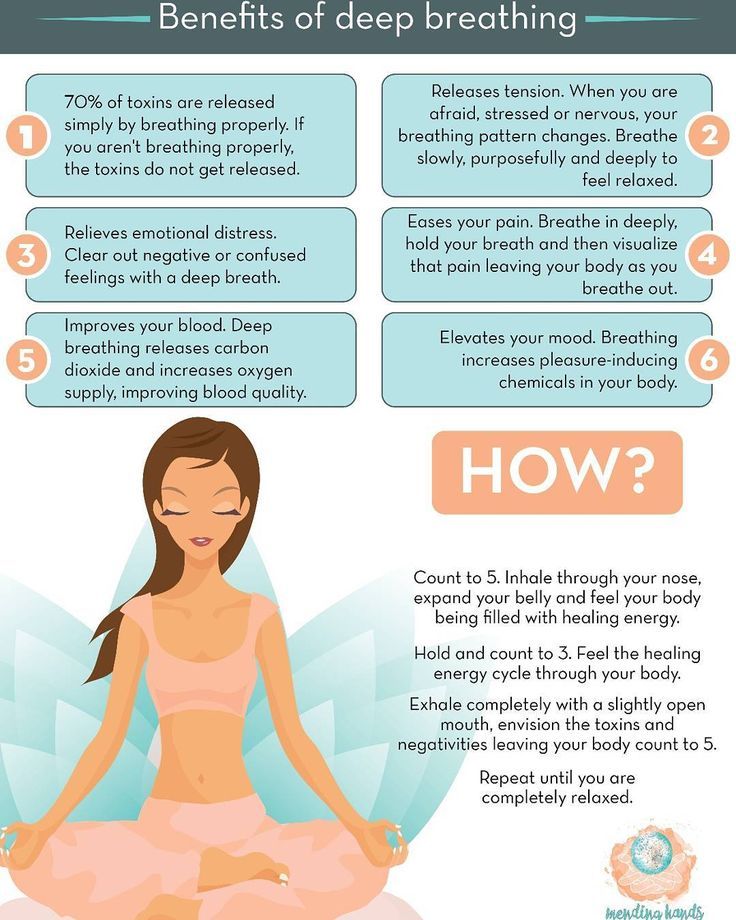Tips for a Tip-Top Immune System: Reducing Emotional Stress
Your immune system is constantly functioning to keep you healthy and when it’s not at 100%, it will give you a sign whether is be a runny nose, a cough, dry skin or a sore throat.
The natural state of you body is to express health, if you are not expressing health; it means that something is interfering with your natural expression. This could be caused by emotional stress.
Unfortunately we can’t always choose what happens around us; fortunately we can choose how we react to these situations.
How you choose to think is critical, your mind and thoughts can have a massive influence on your body chemistry (and therefore immune function).
Stressful thought patterns release stress hormones such as cortisol and adrenalin, which puts out body into a fight/flight response, historically humans adapted this response to run from or fight predators, but our modern society doesn’t often have these threats.
The fight flight response primes us to be able to protect ourselves, it’s meant to be a temporary mechanism and shouldn’t be activated once the danger is gone. In this day and age people are in a chronic state of stress, even when we are not directly in danger, this mal-adaptation actually down-regulates your immune system as your energy is drawn away from the immune system and towards your musculoskeletal system, to focus on an outside threat rather than an internal one.
Studies have shown that there are some simple tools we could be utilising that may help to strengthen your immune system and keep you from getting sick. I thought I’d share this with you because lets face it; no one wants to get sick.
Tips for Tackling Emotional Stressors:
Exercise:
Did you know that exercise has been shown to improve your mood and decrease feelings of depression, exercise increases the production of endorphins that create positive feelings and can even reduce the perception of pain. This can be as simple as going for a half an hour walk once a day or any other way that you love to get your body moving.
Mindfulness:
Studies show that practising meditation for half an hour everyday has the power to change some pretty important areas of your brain! This includes the frontal cortex, amygdala and hippocampus, responsible for learning, memory, problem solving, complex thinking, self-control and emotion.
You’re amygdala is in control of your mental health… meditation could have a profound effect on your health and well being, so give it a go today, you’ve got nothing to lose (apart from that stress).
Breathing:
Have you ever noticed that when you’re stressed your breathing actually changes? Often you’ll find that when you are in an anxious state your respiratory or breathing rate increases and your breath in will be much longer than your breath out. This is a sign that your sympathetic nervous system is firing.
The sympathetic component of your nervous system more commonly described as your “fight/flight” response, historically this response was of vital importance, it is there to get you out of immediate danger and to safety.
Did you know that when you are in a stressful situation your breathing rate will change? Your breath in will be longer than your breath out when you are in an anxious state. When you are more depressed your breathing will be opposite where your breath out will be longer. If you want to get into a neutral state and calm the stressful brain noise, focus on the breath in and breathe out being balanced. The ideal technique is to breathe in for a count of 7, hold the breath in for the same count 7, breathe out for a count of 7 and then hold your breath out for a count of 7 and then repeat. If a count of 7 is too hard try 4 or 5. The important thing is that all phases of the breath cycle are held for the same duration.
Utilising breathing techniques is another form of meditation. Deep purposeful breathing activates our parasympathetic nervous system. Our parasympathetic nervous system is a component of our autonomic nervous system and supports our nervous system, aids in the repair of cells and tissues as well stimulating metabolism and digestion and decreasing blood pressure and heart rate. When we are in a parasympathetic state we are relaxed, their is a decrease in the level of stress hormones in the body which can in turn decrease feelings of stress and anxiety.
Deep breathing activates the parasympathetic nervous system, this helps to calm the brain and nervous system and ease stress and anxiety. When we are in a parasympathetic state our body is which can therefore help calm your body from the effects of stress and anxiety. It is something very simple but very powerful in decreasing stress hormones in the body as well as decreasing blood pressure and heart rate.
Remember:
Our body is designed to express health, it is self-healing and self-regulating. This can often be compromised when mental or emotional stress affects our body, brain and nervous system. When our nervous system is under stress and the brain and body aren’t communicating effectively. When physical, chemical or emotional stress builds in the body is can impact our nervous system and interfere with the messages coming from the brain to the body. When the body has this interference it cannot function optimally.
If you have any specific questions regarding your individual situation or you would love further information please contact us here at Global Chiropractic on 54443388 or email [email protected]
Global Chiropractic
SPECIAL OFFER: Global Chiropractic is currently offering new clients $180 worth of Chiropractic care for just $59. To get your $59 Chiropractic voucher, simply follow the link below:





